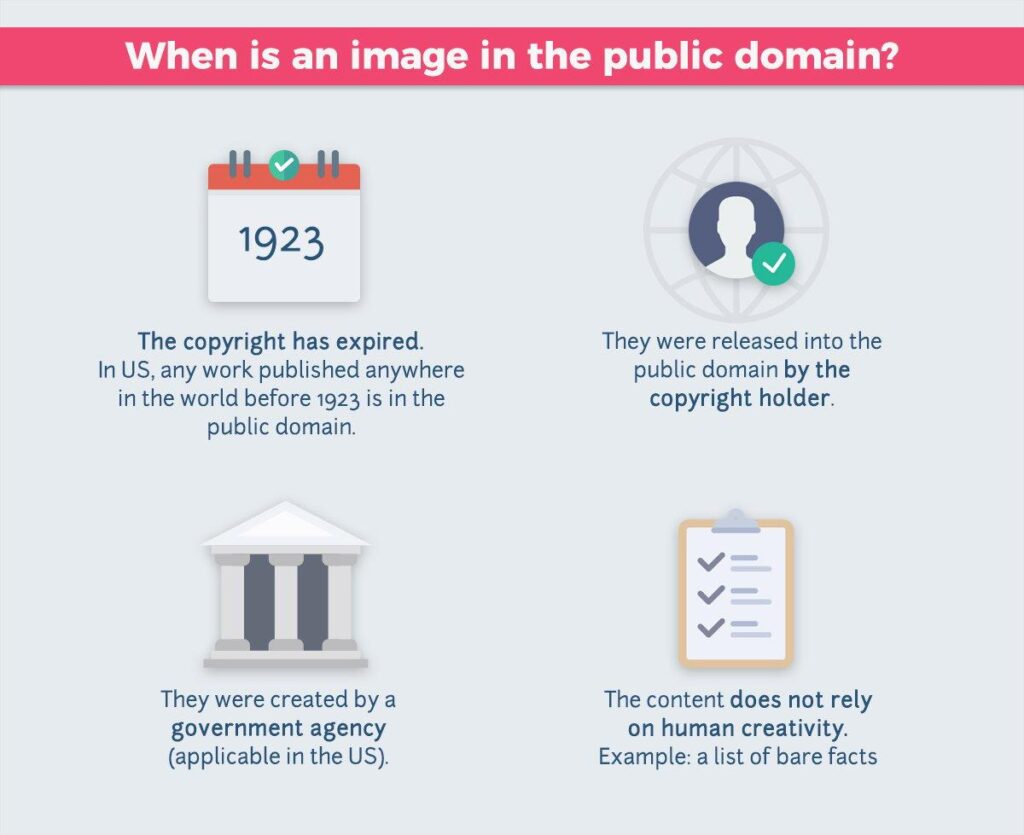Senegal’s Quest for Economic Independence via Taxation Reform
In a bold move to enhance its economic sovereignty, Senegal is intensifying efforts to boost domestic tax revenue collection. This initiative is central to the nation’s broader agenda of reducing dependence on foreign aid and external financial inflows. Facing mounting fiscal challenges, Senegal aims to secure long-term development by strengthening government income through more efficient and comprehensive taxation mechanisms. This strategy mirrors a growing trend among African countries seeking fiscal self-sufficiency amid unpredictable international funding landscapes.
By focusing on expanding tax revenues, Senegal intends not only to stabilize its public budget but also to allocate increased resources toward critical sectors such as education, healthcare, and infrastructure development. This transformation carries profound implications for the country’s economic trajectory and social well-being-presenting both promising opportunities and complex hurdles.
Revamping Tax Collection: A Multidimensional Framework
The Senegalese administration is implementing an extensive reform of its taxation system designed to broaden the tax base and elevate compliance across diverse economic activities. Key components of this overhaul include:
- Enhancing Tax Administration: Leveraging advanced digital technologies facilitates smoother tax filing processes while improving efficiency in revenue gathering.
- Educating Taxpayers: Nationwide awareness campaigns aim to enlighten citizens about their fiscal duties and the societal advantages derived from paying taxes.
- Encouraging Compliance: Introducing targeted incentives such as tax breaks or reliefs motivates businesses-particularly startups and emerging sectors-to fulfill their obligations promptly.
Complementing these initiatives are legislative reforms intended to curb evasion practices and increase transparency within the taxation framework. By building mutual trust between taxpayers and authorities, Senegal aspires to strengthen the social contract essential for sustainable governance.
| Main Focus | Expected Impact |
|---|---|
| Growth in Tax Revenues | A projected 20% increase over three years |
| Investment in Public Services | Enhanced funding for healthcare systems and educational infrastructure |
| Reduced Dependence on Foreign Aid | Targeting a 30% decrease by late 2025 |
Fostering Economic Resilience Through Strengthened Tax Systems
The fortification of domestic taxation plays a crucial role in advancing Senegal’s economic autonomy. By lessening reliance on unstable external financing, policymakers gain greater flexibility in designing strategies aligned with national priorities.
- Spearheading Infrastructure Development: Increased fiscal capacity enables significant investments into transportation networks, energy supply systems, and digital infrastructure-pillars vital for sustained growth.
- Elevating Social Services: Redirecting resources previously sourced from foreign aid toward local education programs and healthcare improvements can substantially raise living standards across communities.
- Cultivating an Investor-Friendly Environment: A predictable fiscal landscape attracts both homegrown entrepreneurs and international investors alike-fueling job creation alongside technological advancement.
This shift also promotes civic engagement; as taxpayers become active contributors, they tend to demand greater transparency regarding public spending effectiveness-a dynamic that reinforces democratic accountability.
| Year | Projected Annual Growth in Tax Revenue (%) | Tax Revenue Contribution to GDP (%) | |
|---|---|---|---|
| 2024 | 6% | 15.5% | |
| 2025 | 8% | 17% | |
| 2026 |
Integrated Methods To Boost Tax Efficiency And Compliance
An effective enhancement of tax collection requires blending technological advancements with proactive public engagement strategies. Significant investment into digital platforms-such as integrated e-filing systems linked directly with banking institutions-can dramatically reduce administrative delays while minimizing errors or fraudulent activities during transactions.
Nurturing an informed taxpayer community remains equally critical; focused outreach through workshops, social media campaigns, local forums, schools, and universities demystifies taxation procedures while emphasizing their tangible benefits for society at large. Furthermore, clear regulatory frameworks combined with incentives like early payment discounts or penalty waivers encourage timely compliance among individuals as well as enterprises operating formally or informally alike.
The private sector’s collaboration forms another pillar; partnerships involving fintech innovators or business associations introduce user-friendly tools that simplify reporting requirements while extending coverage into informal markets often neglected by conventional approaches-a challenge common throughout many developing economies today (e.g., Nigeria’s recent fintech-driven tax initiatives).
Final Thoughts on Senegal’s Path Toward Fiscal Sovereignty
The sweeping reforms underway aimed at revitalizing tax collection mark a transformative chapter in how Senegal manages its public finances amid shifting global economic conditions. By modernizing its taxation architecture through state-of-the-art technology paired with stringent policy enforcement-and fostering an inclusive culture centered around fiscal responsibility-the country positions itself firmly on a trajectory toward enhanced financial independence.
This evolution promises not only increased government revenues but also supports broader goals such as poverty reduction efforts, improved delivery of essential services like health care & education,and resilience against unpredictable fluctuations affecting international aid flows.
As stakeholders closely observe this ambitious journey over coming years, success will hinge largely upon maintaining transparency alongside cultivating widespread taxpayer confidence-a foundation indispensable for sustainable progress.
This strategic realignment reflects West Africa’s overarching ambition: securing lasting economic stability fueled primarily by internally generated resources rather than fluctuating external assistance-a model poised to inspire emerging economies worldwide seeking similar self-reinvention paths.
Recent data from the African Development Bank indicates that countries prioritizing domestic resource mobilization have witnessed up to a 25% improvement in budgetary sustainability within five years – underscoring the potential impact of such reforms when effectively implemented.
For instance,in Rwanda,a comparable focus on expanding taxable bases coupled with digitization has ledto consistent annual revenue growth averaging nearly10%,demonstrating practical benefits achievable through dedicated reform agendas.
Senegal stands at a pivotal crossroads where embracing these lessons could catalyze profound socioeconomic transformation across multiple dimensions.

